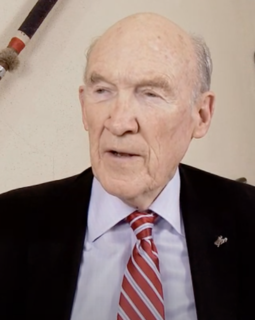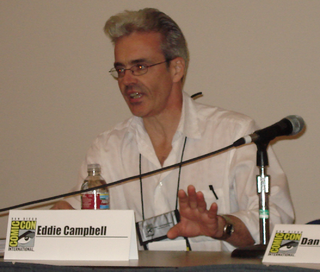A Quote by Graham Moore
'The Imitation Game' is a celebration of Alan Turing's life and legacy, and Joan's final monologue is our eulogy. It's the thing we all wished we could have said to him.
Related Quotes
Alan Turing is so important to me and to the world, and his story is so important to be told, so it was a big thing to take up, and I was a little petrified. Like, who am I to write the Alan Turing story? He's one of the great geniuses of the 20th century - who was horribly persecuted for being gay - and I'm a kid from Chicago.
It was all right. Nick thought about this and decided that what Alan said was true. He'd never been helpless before, not since he could remember, but now he was and everything was all right. He did not have to speak, he was not able to move, all he could do was lie there and have his brother hold him, hunched over and shielding him from the world.
Chris Claremont once said of Alan Moore, "if he could plot, we'd all have to get together and kill him." Which utterly misses the most compelling part of Alan's writing, the way he develops and expresses ideas and character. Plot does not define story. Plot is the framework within which ideas are explored and personalities and relationships are unfolded.































